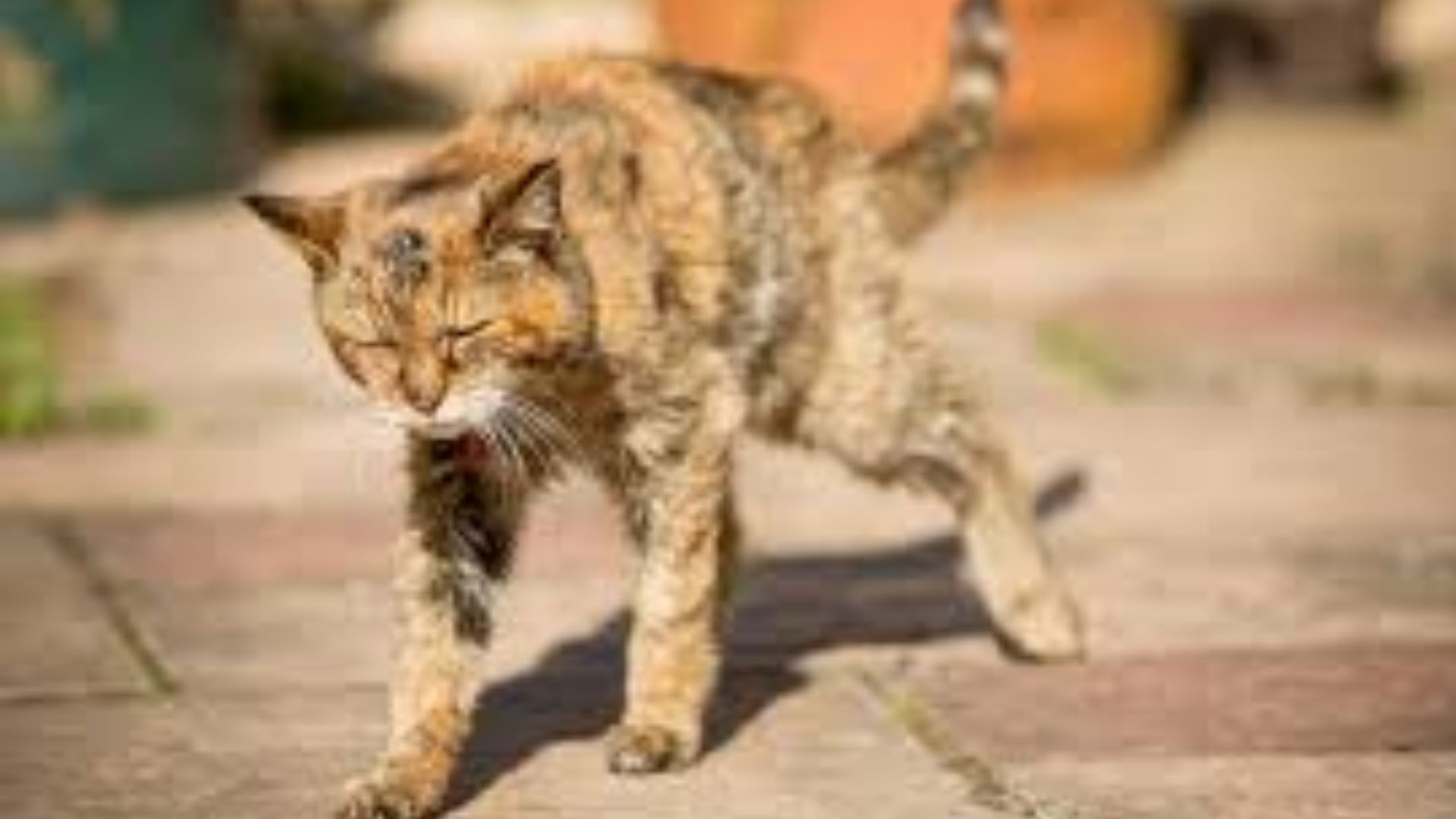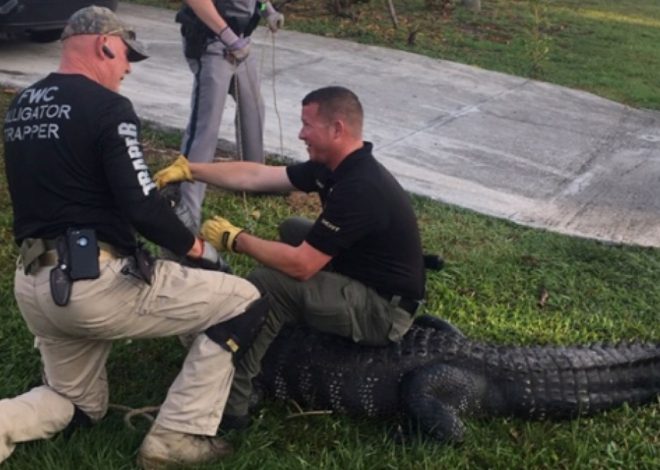
How long do cats live
Table of Contents
On average, domesticated cats live between 13 to 17 years, with some cats living longer or shorter lives depending on various factors such as breed, lifestyle (indoor vs. outdoor), genetics, nutrition, and preventative care.
Factors like breed-specific lifespans vary, with some breeds like Siamese, Burmese, and Persian living longer (15 to 20 years), while others like Bengal, Abyssinian, Sphynx, Maine Coons, and Devon Rex have shorter lifespans (9 to 13 years).
Additionally, the lifespan of a cat can be influenced by whether they are indoor or outdoor cats, with indoor cats typically living longer (10 to 15 years) due to being protected from various hazards like cars, diseases, and harsh weather.
What factors can affect a cat’s lifespan
There are several factors that can affect a cat’s lifespan, including:
1. Indoor vs. Outdoor Life: Indoor cats generally live longer than outdoor cats due to reduced exposure to risks such as accidents, predators, and diseases.
2. Breed: Certain breeds have a longer lifespan than others. For example, Siamese, Burmese, and Persian cats tend to live longer (15 to 20 years), while Bengal, Abyssinian, Sphynx, Maine Coons, and Devon Rex have shorter lifespans (9 to 13 years).
3. Genetics: Genetics play a role in a cat’s lifespan. Cats with a family history of longevity are more likely to live longer.
4. Nutrition: A healthy, balanced diet is crucial for a cat’s longevity. Proper nutrition provides the necessary nutrients for a cat to maintain a healthy weight and avoid health issues.
5. Exposure to Toxins: Exposure to toxic substances, such as certain plants, chemicals, or medications, can significantly shorten a cat’s lifespan.
6. Veterinary Care: Regular veterinary check-ups, vaccinations, and preventative treatments can help detect and treat medical issues early, extending a cat’s lifespan.
7. Underlying Medical Conditions: Chronic or underlying medical conditions, such as cancer, renal disease, or heart disease, can impact a cat’s lifespan.
8. Spaying/Neutering: Spaying or neutering cats can extend their lifespan by reducing the risk of certain cancers and other health issues.
9. Oral Health: Good oral health is essential for a cat’s overall well-being, as dental disease can lead to other health problems.
To increase a cat’s lifespan, it is important to provide a healthy diet, regular veterinary care, a safe environment, and plenty of love and attention.
What are some signs that a cat is ageing
As cats age, they may exhibit various signs of ageing that can indicate a need for adjustments in their care. Here are some common signs of ageing in cats:
1. Changes in Activity Level: Ageing cats may become less active, spending less time outside, playing, or hunting. They may also prefer to nap more frequently throughout the day or avoid cuddles and pets.
2. Vision Loss: Partial or complete vision loss may occur in elderly cats, which can be a sign of serious health issues. An eye examination is needed to distinguish between cataracts, a condition that may require medications or surgery, and lenticular sclerosis.
3. Changes in Fur: Gray, silver, or white hairs around a cat’s face are a clear indication of ageing. As cats age, their coats may gradually lose colour, thin out, or lose shine and lustre due to decreased nutrient absorption or undereating.
4. Changes in Skin: Ageing cats may experience dry and less elastic skin, making them more prone to infections or skin odour. Abnormal lumps or bumps on their bodies may also indicate a more serious disease.
5. Changes in Vision: Vision problems may develop as cats reach around 9 years old, which can be a symptom of other age-related illnesses. Conditions like cataracts, glaucoma, or retinal degeneration can affect a cat’s vision.
6. Unintentional Weight Loss or Gain: Weight loss in senior cats can point to various health issues, such as diabetes, kidney and heart disease, or dental disease. On the other hand, weight gain may indicate a slower metabolism or a need for a senior cat food with fewer calories.
7. Physical Activity & Abilities: Arthritis or degenerative joint disease often becomes a problem for older cats, making it difficult for them to access food and water bowls, beds, and litter boxes. Changes in sleep patterns, energy levels, and hearing are also common in ageing cats.
8. Behavioural Changes: Cognitive issues, such as memory or cognition problems, can cause confusion, disorientation, or litter box accidents. Diseases or disorders affecting urination can also cause an increase in litter box usage, which may lead to cats being eliminated in inappropriate areas.
9. Issues Caused by Disease: Ageing cats may become aggressive due to pain from health issues like dental disease or arthritis. Diseases and disorders affecting mobility can also cause challenges accessing or climbing into litter boxes, especially if stairs are involved.
Recognizing these signs of ageing in cats can help cat parents provide the right care and adjustments to ensure their cats’ comfort and well-being during their senior years.
Common health issues that can affect an ageing cat’s mobility
Some common health issues that can affect an ageing cat’s mobility include:
1. Degenerative Joint Disease (DJD) or Osteoarthritis: DJD occurs when a cat’s joint cartilage weakens and deteriorates, leading to bones rubbing together, causing inflammation and pain, especially during movement. This condition is a common cause of reduced mobility in ageing cats.
2. Hip Dysplasia: A condition where the hip joint doesn’t develop properly, leading to joint instability and degeneration, resulting in pain and reduced mobility.
3. Cruciate Ligament Disease: Damage or rupture of the cruciate ligament in the knee joint can cause lameness, pain, and difficulty moving, affecting a cat’s mobility.
4. Intervertebral Disc Disease: This condition affects the spinal discs, leading to pain, nerve damage, and mobility issues, especially in the hind limbs.
5. Infections, Trauma, and Cancer: Infections, traumatic injuries, and cancer can all impact a cat’s mobility, causing pain, inflammation, and structural damage to joints and bones.
6. Diabetes: Diabetes can lead to nerve damage and weakness in the hind limbs, affecting a cat’s ability to move comfortably.
7. Autoimmune Diseases: Conditions like autoimmune arthritis can cause joint inflammation and pain, reducing a cat’s mobility and comfort.
These health issues can significantly impact an ageing cat’s quality of life and mobility, highlighting the importance of early detection, veterinary care, and appropriate management to support their well-being as they age..
Exercises that can help an ageing cat maintain mobility
To help an ageing cat maintain mobility, there are several exercises and activities that can be beneficial. Here are some options:
1. Interactive Toys and Puzzles: These can stimulate a cat’s mind and encourage movement, especially if they have reduced mobility or arthritis.
2. Climbing On Cat Towers: Choose a cat tower designed for senior cats, which can provide a safe and comfortable vantage point for them to watch their surroundings. This can help them exercise by travelling up and down, satisfying their instincts and providing entertainment.
3. Walking or Running on the Exercise Wheel: An exercise wheel is a safe and simple way to promote exercise in senior cats. While not all cats may be interested in it, some breeds like Russian Blues, Bengals, Siamese, Savannahs, Maine Coons, and Egyptian Maus are more likely to enjoy it.
4. Playing with Toys: Engaging senior cats in play using toys that trigger their natural hunting instincts can help them stay active. Laser pointers, wands, feathers, catnip toys, and food puzzles are all good options.
5. Scratching: Providing scratching pads around the home can help senior cats stretch and exercise their little muscles, tendons, and paws. This instinctual behaviour is beneficial for their mental and physical health, and it also helps prevent them from tearing furniture or window curtains.
6. Leash Walks: If your senior cat is comfortable with a harness and leash, leash walks can be an entertaining and stimulating activity. This can provide mental and physical stimulation, especially if they enjoy exploring the outdoors.
It’s important to consult with your veterinarian if you have any concerns about your senior cat’s mobility or if they are experiencing any health issues that may affect their ability to exercise. Your veterinarian can provide a specific care routine tailored to your cat’s needs.


